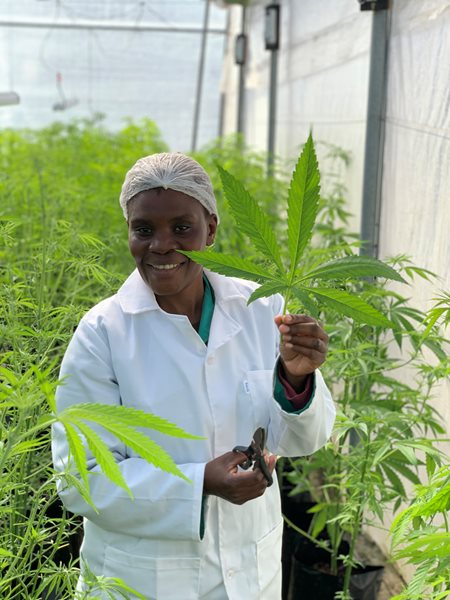Despite the Covid-19 pandemic, Cape Town and the Western Cape province expect an economic boost of more than $ 668 million (about R 10.3 billion) and 10,500 full-time jobs in the next five years.
This positive outlook was announced at Wesgro’s annual review for the 2019/20 financial year in Stellenbosch on Monday.
Wesgro is “the official tourism, trade and investment promotion agency for Cape Town and the Western Cape”. The agency “assists investors and businesses looking to branch out into the province”, and admitted that the pandemic had inflicted a severe blow.
“Tasked with the promotion of tourism, trade and investment, Wesgro has experienced the profound effect that the closing of our international borders has had on many of our sectors,” Wesgro said on Tuesday.
“In the crisis, the agency reimagined delivery on its mandate, and despite the global and local headwinds, managed to not only achieve but often exceed targets.”
Six investments in agriculture had totalled R557m, and 635 jobs would be created as a result.
Wesgro also waxed lyrical about a significant investment in agriculture of more than R500m. This included the cultivation of medical cannabis in the province.
“Contributing to this achievement was the Felbridge investment into cultivation of South African medicinal cannabis where Wesgro assisted with regulatory approval, which resulted in 150 direct jobs and a R120 million investment.”

Wesgro also hailed its film and media promotion unit for securing shoots worth R2.2bn and 2,147 full-time jobs.
“Similarly, the Cape Town and the Western Cape Convention Bureau secured 52 conference bids for the destination. This had a projected economic effect of R1.23bn.”
Wesgro CEO Tim Harris admitted the new financial year would not be easy but said he was determined to deliver good results.
“Our work is cut out for us in this new financial year, but we have good momentum and the right team to deliver on our mandates. I would like to extend a special thank you to all of our partners at all levels of government, and the private sector,” Harris said.
















